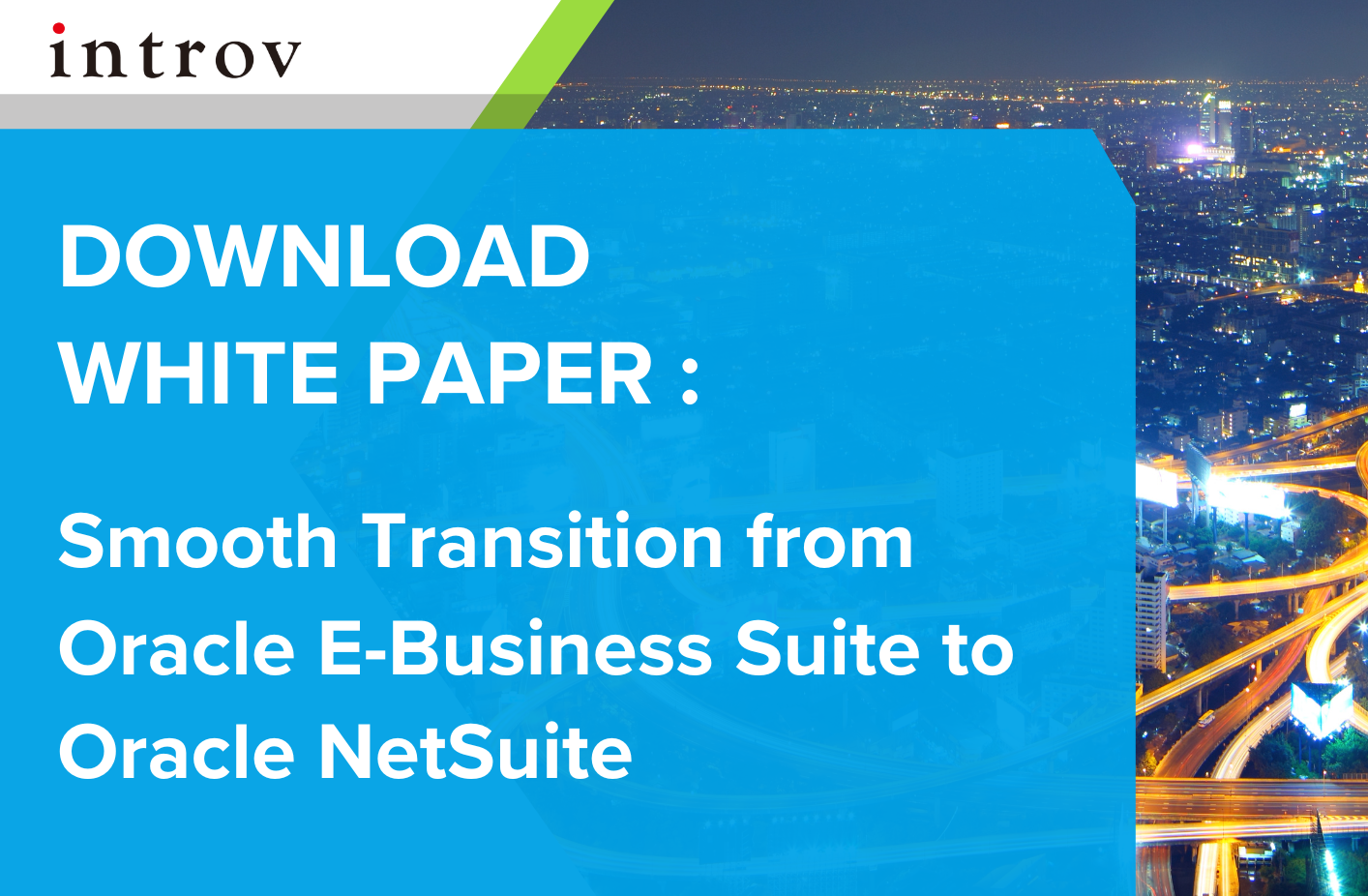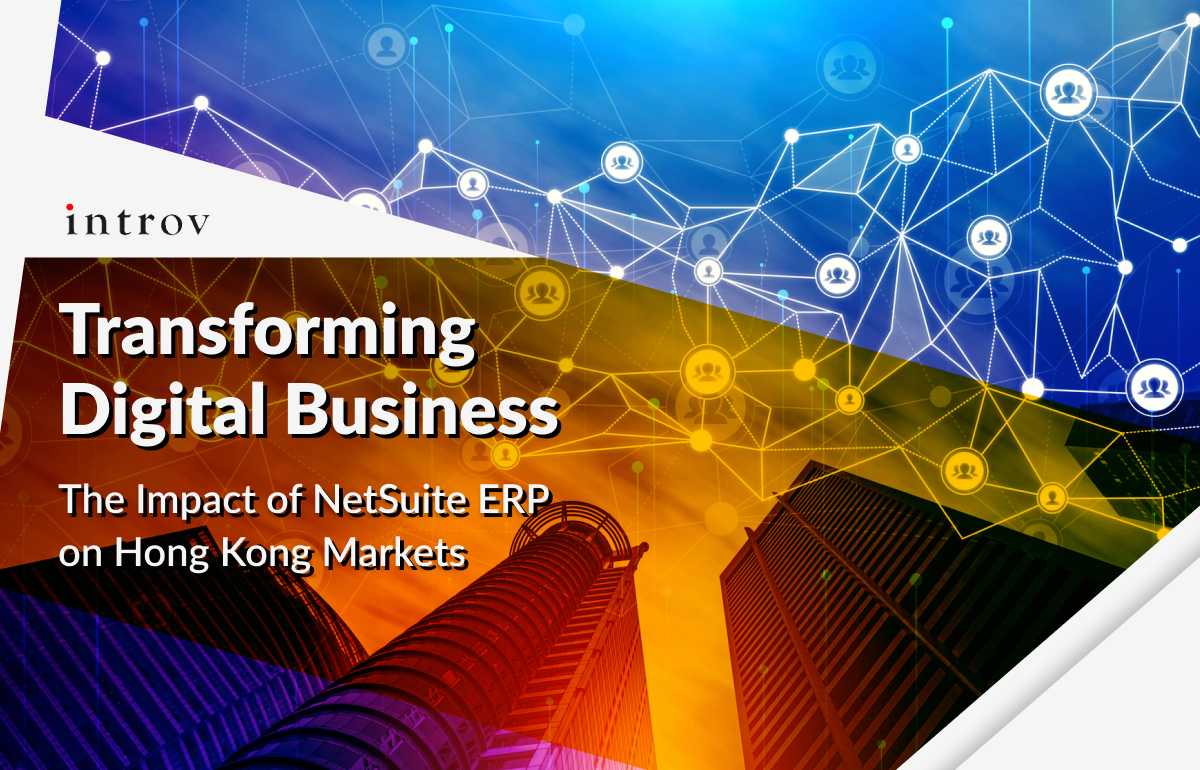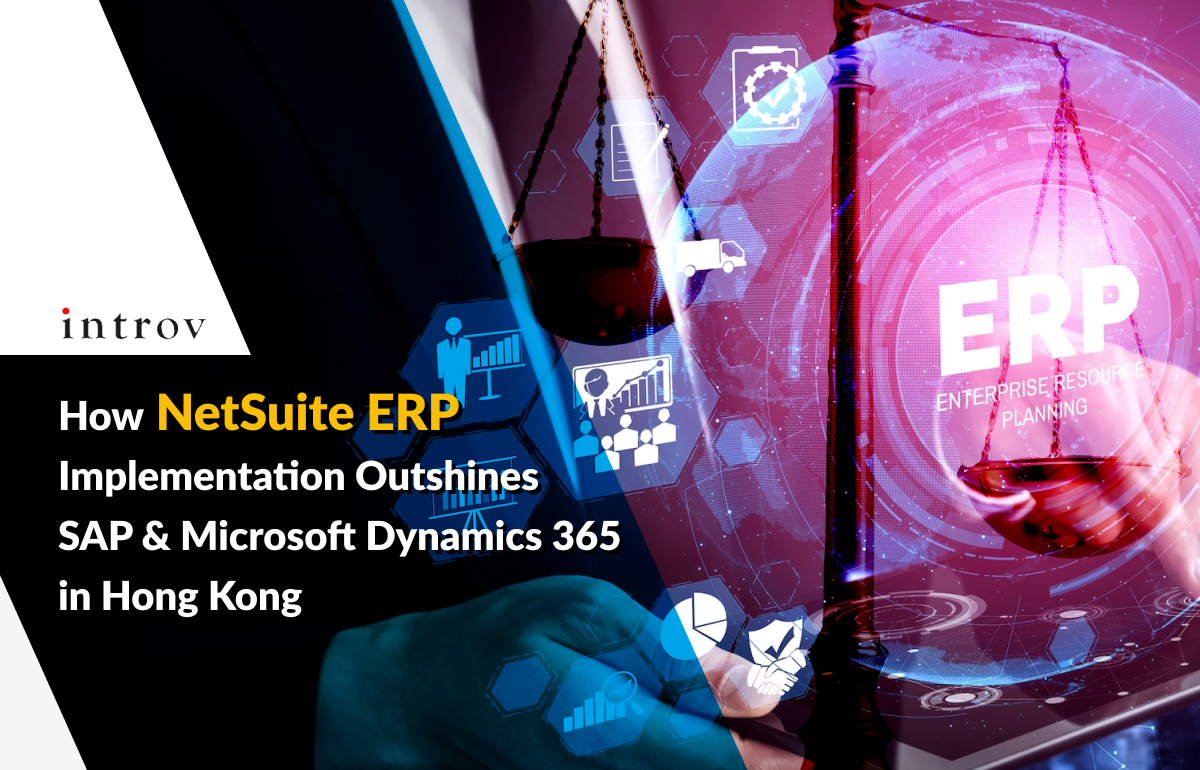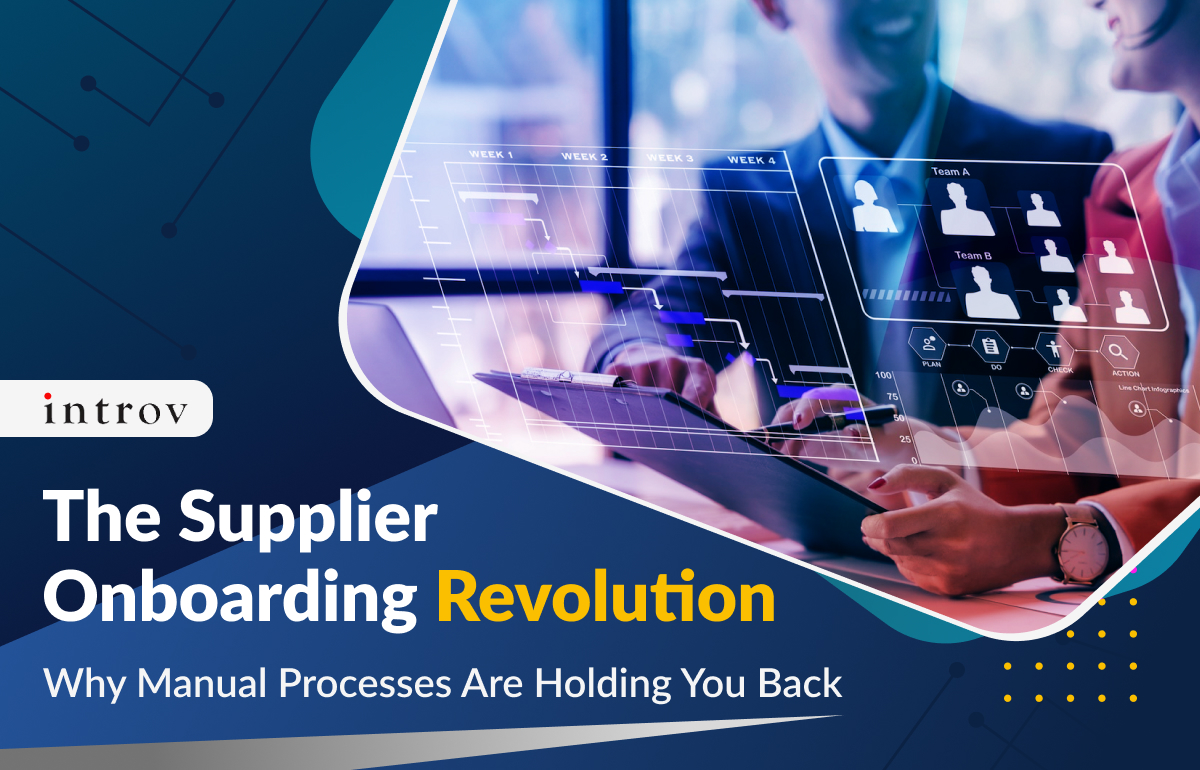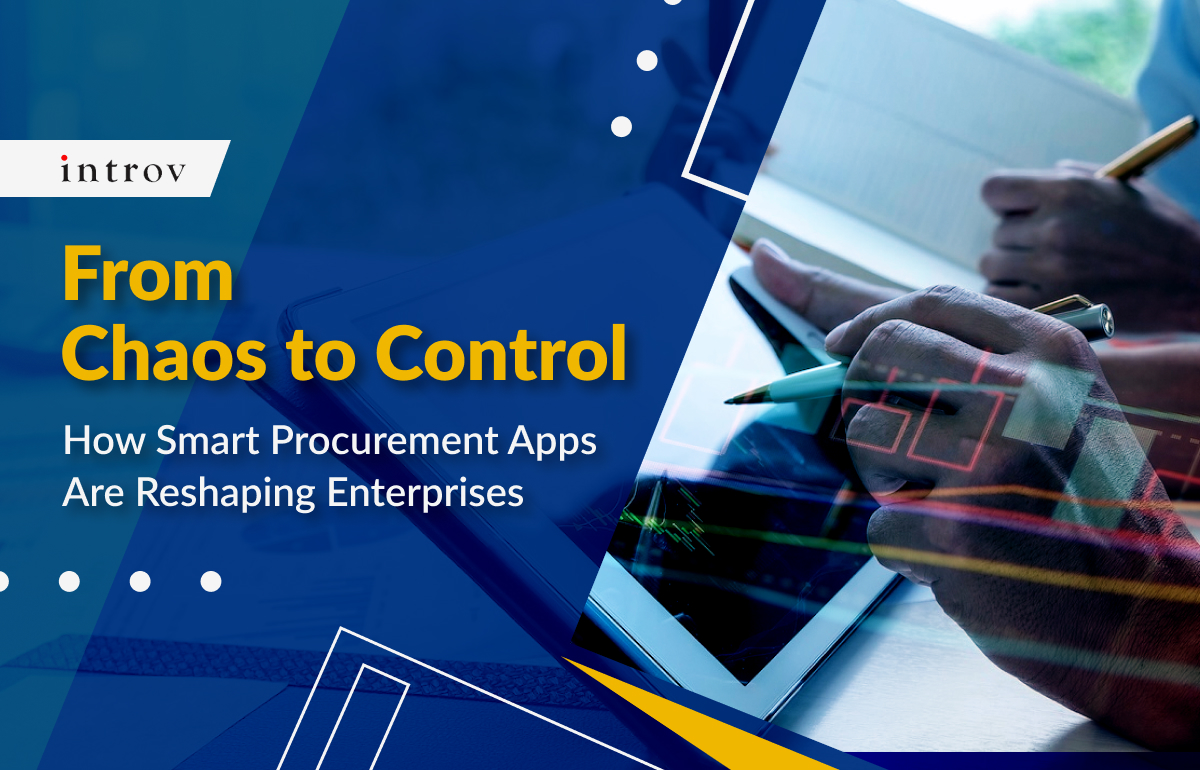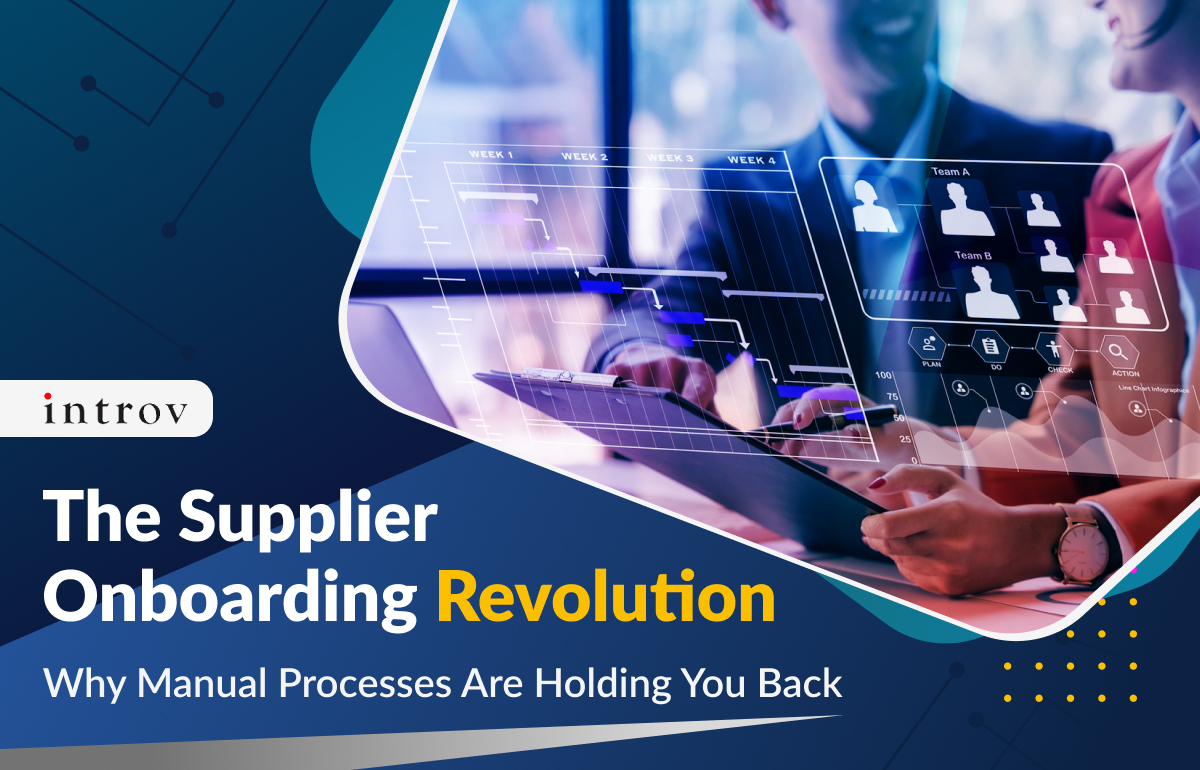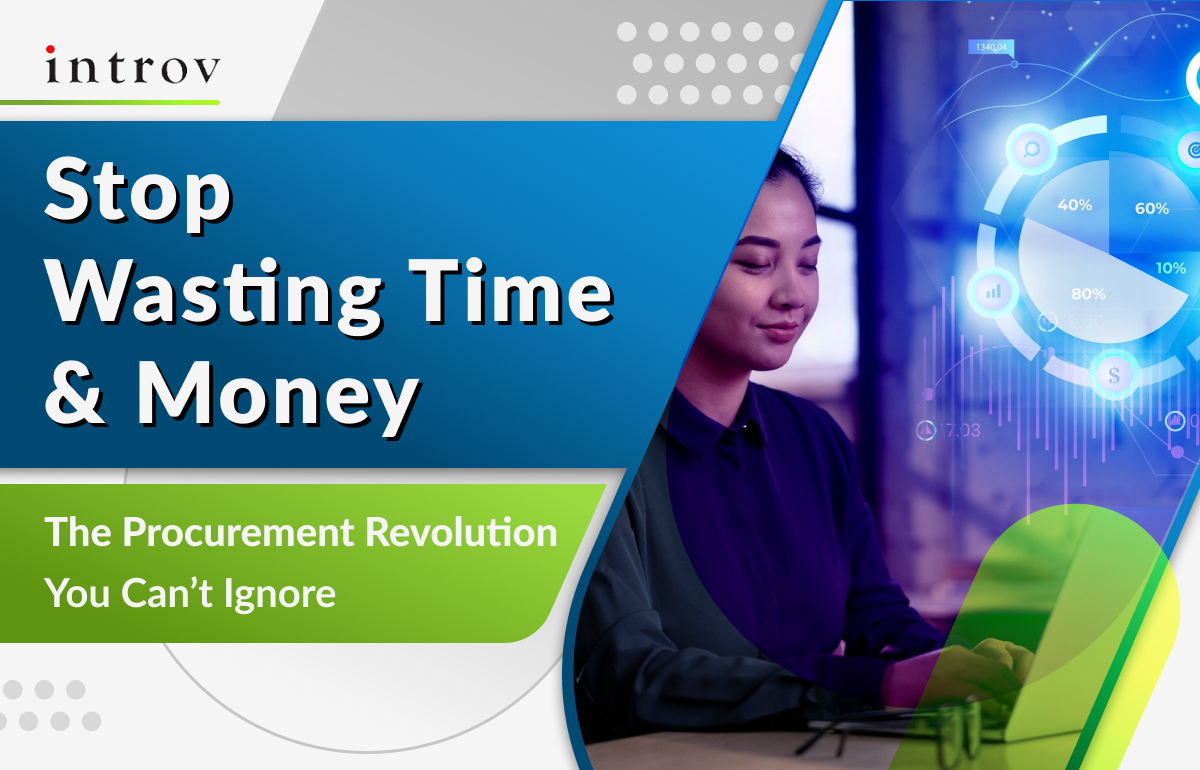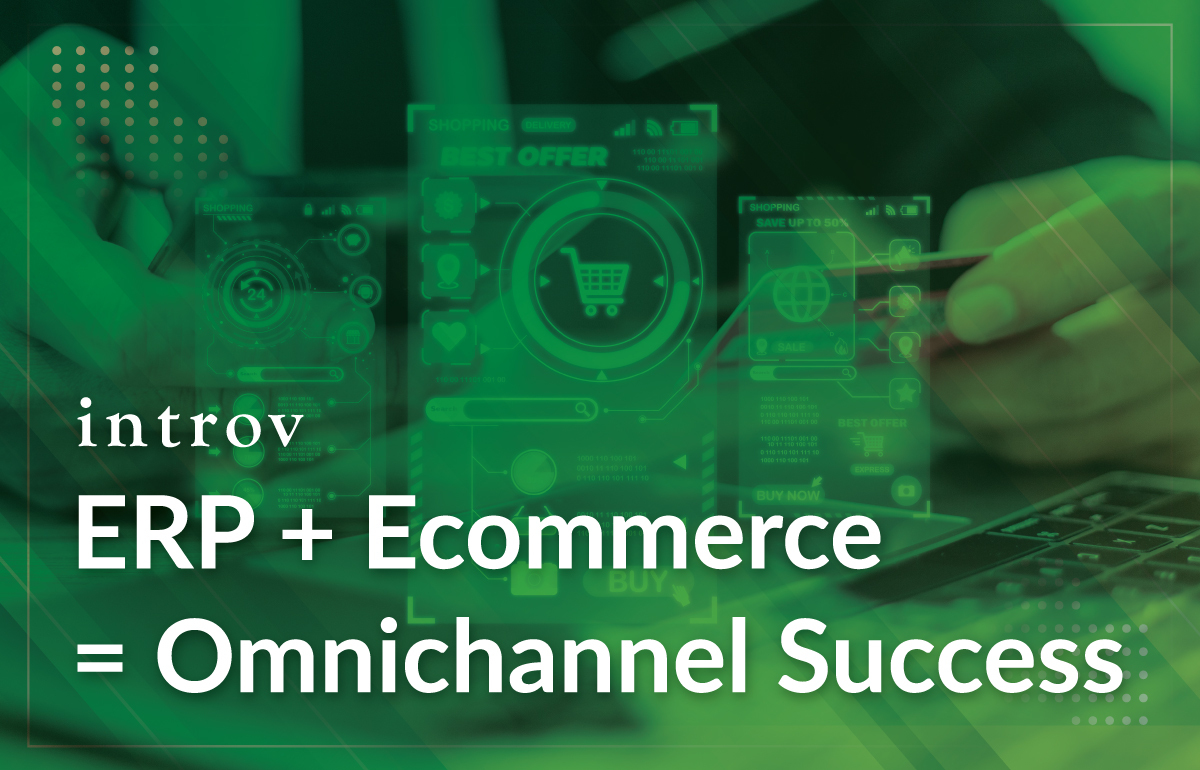
You know that feeling when all the pieces just fall into place? That’s what it’s like when your company finally integrates its ERP and e-commerce systems. Suddenly, your business transforms into a cohesive, omnichannel operation. No more cumbersome workarounds and disjointed data. Just end-to-end transparency and seamless processes from manufacturing to order fulfillment. In this article, we’ll look at what ERP and e-commerce integration looks like and how it can help you deliver exceptional omnichannel customer experiences. You’ll learn about the benefits, challenges and keys to successful implementation. We’ll also introduce you to companies that are delivering an outstanding omnichannel experience thanks to unified ERP and e-commerce systems. Get ready to bring all your systems and channels together!
Understanding ERP and Ecommerce Integration
Connecting Business Processes
An ERP system helps you manage your core business processes such as accounting, procurement and supply chain management. E-commerce platforms focus on the customer experience and digital sales. Integrating the two systems gives you and your customers a seamless omnichannel experience.
A Single Source of Truth
Integration allows your ERP and e-commerce platforms to access a single database. This means that your inventory, pricing, customers and orders are synchronized in real time across all channels. You no longer have to manually update between systems or deal with inaccuracies.
Streamlined Fulfillment
When an order is placed in your e-commerce store, it’s automatically routed to the ERP system to check stock availability and reserve the items. The ERP then takes over the fulfillment process by prompting your warehouse to pick, pack and ship the order. This handover takes place behind the scenes, so your customers can continue to enjoy a quick and easy ordering process.
Improved Analytics
Valuable data is captured in both your ERP and e-commerce systems. The integration allows you to get a holistic view of your business by combining this data. You can identify your most profitable products and channels, optimize your marketing spend and uncover areas for improvement. With a data-driven omnichannel strategy, the possibilities are endless.
Overall, the integration of ERP and e-commerce helps deliver the seamless, personalized experience that today’s customers expect. By breaking down system silos, you gain visibility and control over your entire business. And that means omnichannel success.
Benefits of Connecting ERP and Ecommerce Systems
Increased Data Visibility
When your ERP and e-commerce platforms are integrated, all your business data is in one place. You get an overview of customers, orders, inventory and much more across all channels. This gives you the insights you need to improve the customer experience.
Streamlined Business Processes
Connected systems automate and streamline business processes that include ERP and e-commerce. For example, when an order is placed on your website, it’s automatically processed in your ERP system. This eliminates manual input and errors, saving you time and hassle.
Improved Customer Service
Your service staff have all the information they need to solve customer problems and answer questions quickly. Whether a customer contacts you by phone, email, chat or social media, your service agents can see the entire history of that customer’s interactions and purchases across all channels.
Omnichannel Capabilities
Linking ERP and e-commerce enables omnichannel sales. You can offer your customers a seamless experience across all channels, with features such as online purchase, in-store pickup, in-store returns and in-store shipping. Omnichannel customers spend more, so these features can have a significant impact on your bottom line.
Linking your back-end and front-end systems is critical to delivering the kind of customer experience today’s shoppers expect. By integrating your ERP and e-commerce platforms, you create the foundation for omnichannel success.
Steps to Achieve Omnichannel Success With ERP + Ecommerce
Integrate Your Systems
The first step is to integrate your ERP and e-commerce platforms. This allows the systems to exchange data in real time and gives you a single view of inventory, orders and customers across all channels. When a customer places an order on your website, it’s automatically updated in your ERP system. Or if the inventory level changes in your ERP system, this will be displayed on your e-commerce website.
Optimize the Buying Experience
With integrated systems, you can offer your customers a seamless experience across all channels. For example, customers can buy online and pick up in-store, return or exchange an item purchased online in-store, or start an order on the website and complete it in-store. You can also enable features such as ‘Save the Sale’, which means that if an item is out of stock on the website, the system will search for inventory in nearby stores.
Deliver Personalized Experiences
By integrating customer data from your ERP and e-commerce platform, you get a unified customer view and can create unique profiles for each customer. You can then use this data to deliver personalized experiences, such as product recommendations tailored to the customer’s interests or special offers based on their purchase history. Personalization is the key to an omnichannel experience that feels unique to each customer.
Track Key Metrics
To determine how well your omnichannel strategy is working, you need to track key metrics across channels. Look at metrics such as conversion rate, average order value and customer lifetime value and see how they differ between online and in-store. Monitor how much of your sales and traffic comes from each channel. Determine how many customers shop across multiple channels. Tracking these KPIs will show you which areas need to be improved to achieve true omnichannel success.
Enhancing Retail with ERP and E-commerce Integration: The Future of Omnichannel Experience
So there you have it. By integrating your ERP and e-commerce systems, you can benefit from the power of omnichannel retail. Your business can deliver seamless customer experiences across all touchpoints. Inventory and order data flows freely between channels, so customers always see product availability in real time. You gain efficiency through centralized business processes while providing tailored local fulfillment. And with a unified view of each customer, you can provide a personalized service that strengthens customer loyalty. The integration takes work, but the benefits are huge. Omnichannel retail, supported by ERP and e-commerce integration, is the future. Embrace it now and your customers will embrace you.
Register for Free Demo to learn more about Oracle NetSuite ERP!






